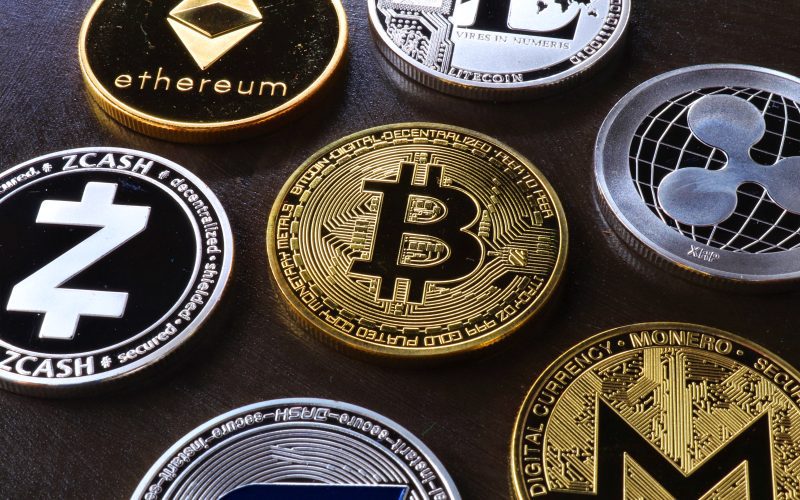Money makes the world go round, and with the digital age, it’s no longer just a matter of carrying cash in your pocket. A new era is upon us, one where virtual currencies are gaining traction and transforming the way we conduct transactions. In light of this trend, many countries, including the UK, are considering developing their own digital currency – specifically, a digital pound. But what exactly does this mean for consumers? In this blog post, we explore the potential benefits that a digital pound could bring to individuals across Britain.”
What is a digital pound?
A digital pound is a type of electronic money that can be used to purchase goods and services online. It is similar to other electronic currencies, such as Bitcoin, but is specific to the UK.
There are many potential benefits of a digital pound for consumers. For example, it could make it easier and faster to pay for goods and services online. It could also give consumers more control over their finances, as they would be able to hold and use their digital pounds in a wallet, just like they would with physical cash.
In addition, a digital pound could help to reduce fraud, as it would be more difficult to counterfeit than physical currency. And, if the UK were to adopt a digital pound, it would be one of the first countries in the world to do so – which could put us at the forefront of this exciting new technology.
How would a digital pound benefit consumers?
A digital pound could bring many benefits to consumers in the UK. Perhaps most notably, it could make transactions faster and more convenient. For example, you would no longer need to carry around cash or coins, or wait for bank transfers to clear. You would also be able to make payments directly from your mobile phone.
Another potential benefit is that a digital currency could be more secure than physical cash. With a digital currency, you would not have to worry about losing your money or having it stolen. Your payments would also be more private, as they would not be tied to your personal identity like they are with a credit or debit card.
Finally, a digital pound could help to boost the economy by making it easier for businesses of all sizes to trade online. This could lead to more jobs and growth in the UK’s digital sector.
Are there any risks associated with a digital pound?
There are a few potential risks associated with a digital pound, but nothing that is overly concerning. The first risk is that of fraud or theft. Because the digital pound would be stored electronically, it could be vulnerable to hackers or other criminals who might try to steal the money. Additionally, if the system that stores the digital pound were to crash or experience some other type of technical issue, consumers could lose their money. However, these risks are relatively minor compared to the benefits of a digital pound, and they can be mitigated by taking proper security precautions.
What are the potential drawbacks of a digital pound?
A digital pound could potentially have a number of drawbacks for consumers. One such drawback could be the need to constantly update digital wallets and devices in order to keep up with the latest technology. This could prove to be expensive and time-consuming for consumers. Additionally, a digital pound could also make it easier for criminals to commit fraud or engage in other illegal activities. This is because digital currencies are often anonymous and can be easily traded on the internet. As such, it would be difficult for authorities to track down criminals who use digital pounds. Lastly, a digital pound could also increase the risk of inflation if it is not properly managed by the government. This is because the supply of digital pounds would not be limited like traditional physical currency, which could lead to prices rising rapidly if too many pounds are introduced into circulation.
Conclusion
In conclusion, it is clear to see that the introduction of a digital pound could provide numerous benefits for consumers. It would open up new opportunities for making payments, as well as allowing individuals to store and track their financial data in a secure and efficient way. Moreover, the use of blockchain technology provides an incredibly safe platform for carrying out transactions with low costs and fast speeds. All these factors indicate that the potential benefits from such an innovation are great indeed.












